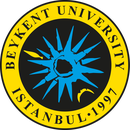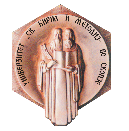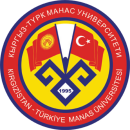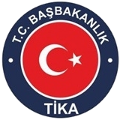
International Conference on Eurasian Economies
1-3 July 2014 – Skopje, MACEDONIA
Paper detail
Paper ID : 996
Status : Paper published
Language : Turkish
Topic : Growth and Development
Presenter:
Session : 3D Büyüme
The Relationship between Corruption and Economic Growth as a Social Issue: A Case Study on Turkey
Toplumsal Bir Mesele Olarak Yolsuzluk ve Büyüme İlişkisi: Türkiye Örneği
- Prof. Dr. Neşe Algan (Çukurova University, Türkiye)
- Asst. Prof. Dr. Başak Gül Aktakas (Çukurova University, Türkiye)
- Asst. Prof. Dr. İpek Tekin (Çukurova University, Türkiye)
Abstract
The present study aims to investigate the relationship between corruption and economic growth by taking the driving force of education into account. A significant contribution of the education level to the reduction process of corruption is expected to occur. For this reason, the number of those who are convicted of corruption offenses depending on their educational status for Turkey are to be taken into account, whereas the effect of education being a separate variable on growth and corruption will not be considered. In this regard, Vector Error Correction (VECM) model will be used as a method for the years between 1980-2011 and the relationship between corruption and economic growth will be analyzed. The contribution of the study to the literature is to reveal the impact of those who cause corruption depending on their education level on growth by undertaking the education levels separately. According to the empirical findings, considering corruption convicts who are literate but not graduated from a school and those having graduated from primary and secondary education, it was observed that corruption affects growth in a negative way. In contrast, given the corruption crimes which were committed by the graduates of both high school and vocational school at high school level and higher education, it was determined that there is a positive relationship between corruption and economic growth.
JEL codes: D73, I20, O40
Algan, Neşe, Aktakas, Başak Gül, Tekin, İpek (2014). "The Relationship between Corruption and Economic Growth as a Social Issue: A Case Study on Turkey" in Proceedings of International Conference of Eurasian Economies 2014, pp.775-784, Skopje, MACEDONIA.
DOI: https://doi.org/10.36880/C05.00996




